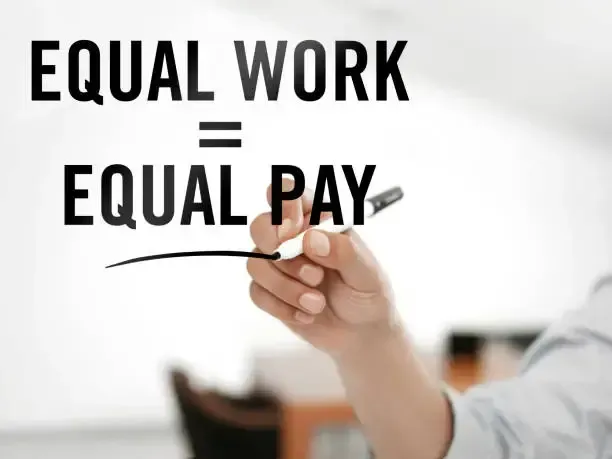Workplace Retaliation in Colorado: Know Your Rights When Speaking Up
How Colorado employees can protect themselves when reporting discrimination, harassment, or illegal activities at work.

Speaking up at work about unlawful practices or unfair treatment should never put your career in jeopardy. Unfortunately, workplace retaliation remains a serious issue in Colorado, affecting employees across industries—from corporate offices to construction sites. If you’ve faced retaliation after reporting misconduct, understanding your legal protections is critical.
At Mitchiner Law, we help employees navigate these complex cases and hold employers accountable for violating their rights.
What Is Workplace Retaliation?
Workplace retaliation happens when an employer punishes an employee for engaging in a protected activity under state or federal law. Retaliation can be overt—like firing or demoting an employee—or subtle, such as changing work hours, reducing job responsibilities, or creating a hostile work environment after a complaint.
Protected activities include, but are not limited to:
- Reporting discrimination based on race, gender, age, disability, religion, or other protected classes under Title VII of the Civil Rights Act and Colorado’s Anti-Discrimination Act.
- Whistleblowing to report illegal practices, safety violations, or financial misconduct under laws such as the Colorado Whistleblower Protection Act or federal whistleblower statutes.
- Filing or participating in an investigation with the Equal Employment Opportunity Commission (EEOC) or Colorado Civil Rights Division (CCRD).
- Requesting reasonable accommodations for a disability or religious practice.
- Taking protected leave under the Family and Medical Leave Act (FMLA) or Colorado Paid Family and Medical Leave (FAMLI) program.
How Retaliation Manifests in the Workplace
Retaliation is not always obvious. Some employers mask retaliatory actions as “performance-based” or “business-related” decisions. Examples include:
- Sudden negative performance reviews after filing a complaint
- Being excluded from meetings or projects you previously handled
- Pay cuts or denial of bonuses without clear justification
- Reassignment to undesirable shifts or locations
- Increased scrutiny or micromanagement
- Verbal harassment or public humiliation
If these changes occurred after you engaged in a protected activity, you may have grounds for a retaliation claim.
Colorado and Federal Laws Protecting Employees
Colorado law provides strong protections against retaliation, complementing federal protections. Under Colorado’s Anti-Discrimination Act (CADA), employers are prohibited from retaliating against employees who report discrimination or harassment.
Federal laws that may apply include:
- Title VII of the Civil Rights Act (discrimination & harassment cases)
- Age Discrimination in Employment Act (ADEA)
- Americans with Disabilities Act (ADA)
- Occupational Safety and Health Act (OSHA)
- Sarbanes-Oxley Act (SOX) for corporate whistleblowers
- Dodd-Frank Act for securities law violations
These protections apply regardless of whether your complaint is ultimately proven, as long as it was made in good faith.
For more information on how these laws work, visit the U.S. Equal Employment Opportunity Commission’s retaliation guidance.
Steps to Take if You Suspect Retaliation
If you believe you are being retaliated against, act quickly to protect your rights:
- Document everything – Keep a detailed record of incidents, dates, witnesses, and communications.
- Review your employee handbook – Understand your company’s complaint procedures.
- File an internal complaint – Report retaliation in writing to HR or management.
- Contact a lawyer – An experienced employment law attorney in Denver can help you assess your claim and take legal action if necessary.
- Consider filing with the EEOC or CCRD – These agencies investigate retaliation claims and can take enforcement action.
Why Legal Representation Matters
Employers often have legal teams and HR departments protecting their interests. Having the best employment lawyer in Denver on your side ensures you’re not navigating this process alone. At Mitchiner Law, we:
- Analyze whether your situation meets the legal definition of retaliation
- Gather evidence and witness statements
- Negotiate with your employer for a fair resolution
- Represent you in EEOC, CCRD, or court proceedings
Preventing Retaliation in the Workplace
While employees can’t control every employer action, companies can foster a retaliation-free environment by:
- Providing training for managers on anti-retaliation policies
- Creating anonymous reporting channels
- Maintaining transparency in performance reviews and disciplinary actions
- Taking swift action when retaliation is reported
These measures not only comply with the law but also improve employee morale and retention.
Final Thoughts
Retaliation at work can derail careers, damage reputations, and cause severe emotional distress. Colorado law, paired with federal protections, gives employees the right to speak up without fear of retribution. If you suspect retaliation, act promptly—document incidents, seek legal advice, and protect your rights.
At Mitchiner Law, we are committed to protecting Colorado employees from workplace retaliation. If you need guidance, call us today or visit our Contact Page to schedule a consultation.











